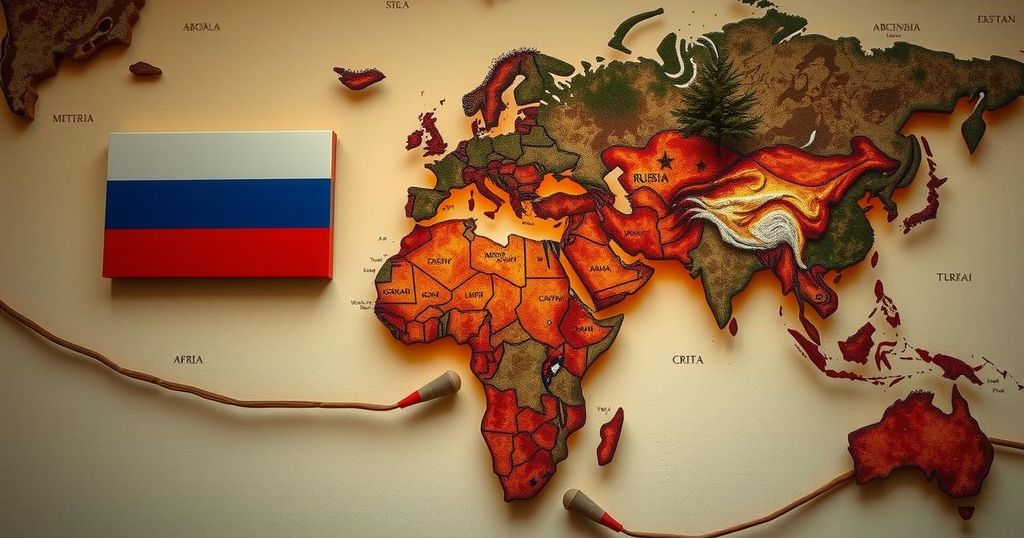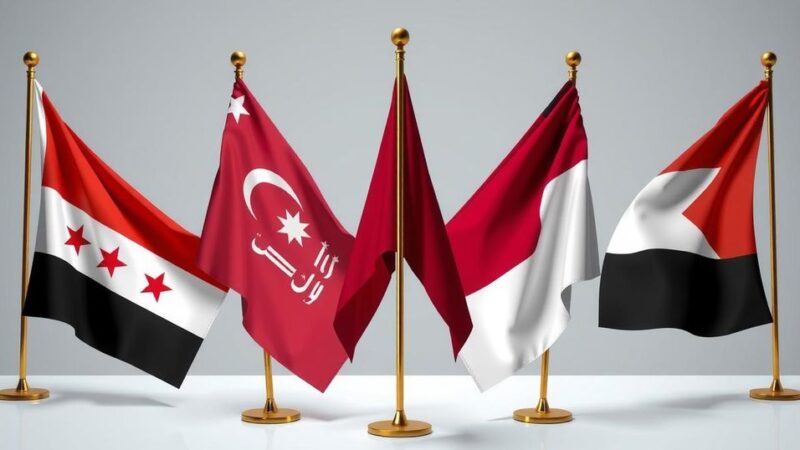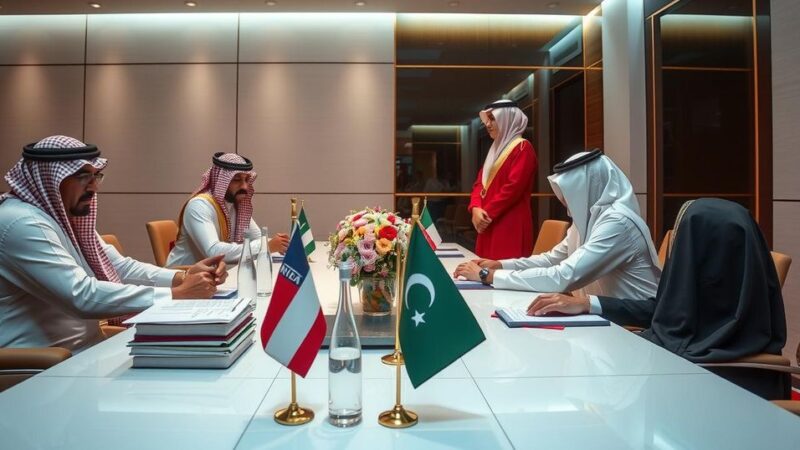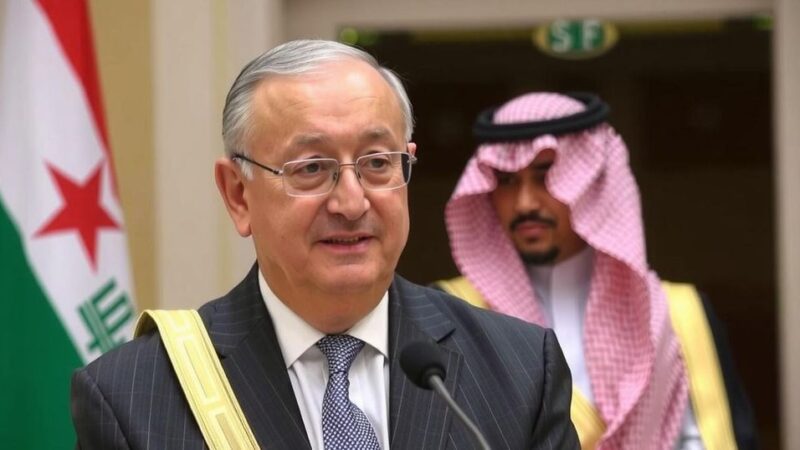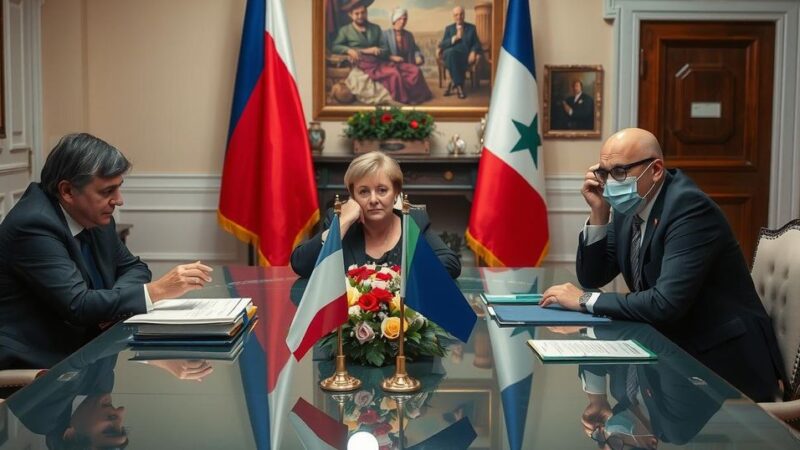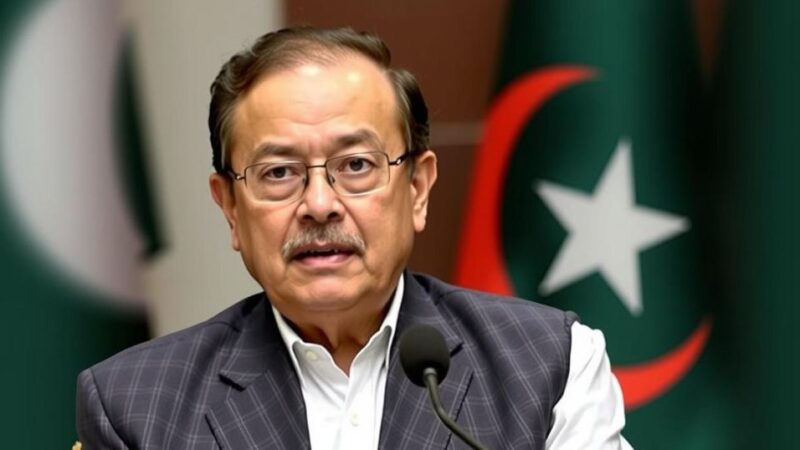Russia’s military setbacks in Syria undermine its security influence in Africa, raising doubts among African leaders regarding Moscow’s reliability. The fate of critical military bases in Syria complicates logistics crucial for Russian interventions across the continent. As Russia’s historical reliance on Syrian operations falters, its ability to portray itself as a formidable power in Africa is increasingly challenged, compelling a reassessment of its strategic posture.
The collapse of the Assad regime in Syria has significantly undermined Russia’s claims of military authority and security in Africa. Deeply entwined with its operations in Syria, Moscow’s support for various African regimes is now under scrutiny as the Kremlin is forced to evaluate its diminishing influence. With the loss of key military bases in Syria, logistical support to African theaters becomes precarious, potentially jeopardizing Russia’s military interventions and economic interests across the continent. Moreover, the perception of Russia’s reliability as a security partner has been damaged, as African autocrats begin to question Moscow’s ability to safeguard their regimes during crises.
Historically, Russia’s security strategy in Africa has relied heavily on the leverage provided by its bases in Syria. The Tartus naval base served as a critical resupply point for operations in Libya and beyond, facilitating the transfer of military supplies vital for Moscow’s engagements. Following the Syrian regime’s recent challenges, this connection may weaken, causing panic among Russian strategists. The Kremlin’s dilemma regarding its presence in Syria, coupled with possible geopolitical isolation due to its actions in Ukraine, could lead to a reevaluation of its African strategies.
Several military operations in Africa, such as the Wagner Group’s involvement in Mali, indicate a broader pattern of Russian engagement. However, the margins of success in these theaters remain underwhelming, raising doubts about Russia’s long-term viability as a security provider. The perceived effectiveness of Russia’s counterinsurgency tactics, once exported from Syria, may falter in the face of these setbacks.
Furthermore, experts like Nikolay Sukhov highlight that the loss of Syria as a logistical hub could render it challenging for Russia to maintain its strategic operations in Africa effectively. In fact, financial resources provided by mineral revenues from countries like Sudan and Mali are increasingly at risk, as the vital transportation routes between Syria and Africa face potential setbacks. Without these connections, the previously flourishing trade agreements may dwindle, further complicating Russia’s economic situation.
To mitigate the fallout, establishing new alliances or logistics in Libya or Sudan could be an option; however, geographic and political challenges remain formidable. Ultimately, the Kremlin must navigate this delicate balance if it hopes to resume its posturing as a formidable power in Africa.
The context of Russia’s influence in Africa has been intricately tied to its military presence and strategic interests in Syria. Russia’s military engagement in Syria, primarily to support President Bashar al-Assad, has historically bolstered its ambitions as a dominant power in the region. The loss of critical military bases like Tartus and Khmeimim poses serious operational challenges for Russia’s interests in Africa, particularly concerning arms supplies and logistical support for interventions across the continent. The dynamics of these geopolitical interactions are essential in understanding the implications of recent developments in Syria for Russian-Africa relations.
In conclusion, the fall of Assad significantly compromises Russia’s military stance and ability to project power in Africa. The interconnectedness of Russian operations in Syria and Africa reveals a precarious structure wherein the loss of one is detrimental to the other. As African leaders reassess their relationship with Moscow amidst these changes, Russia may need to shift its strategy to maintain its influence and credibility as a security partner. The future of Russia’s African endeavors hinges on its adaptability in the wake of heightened scrutiny and strategic vulnerability.
Original Source: foreignpolicy.com

